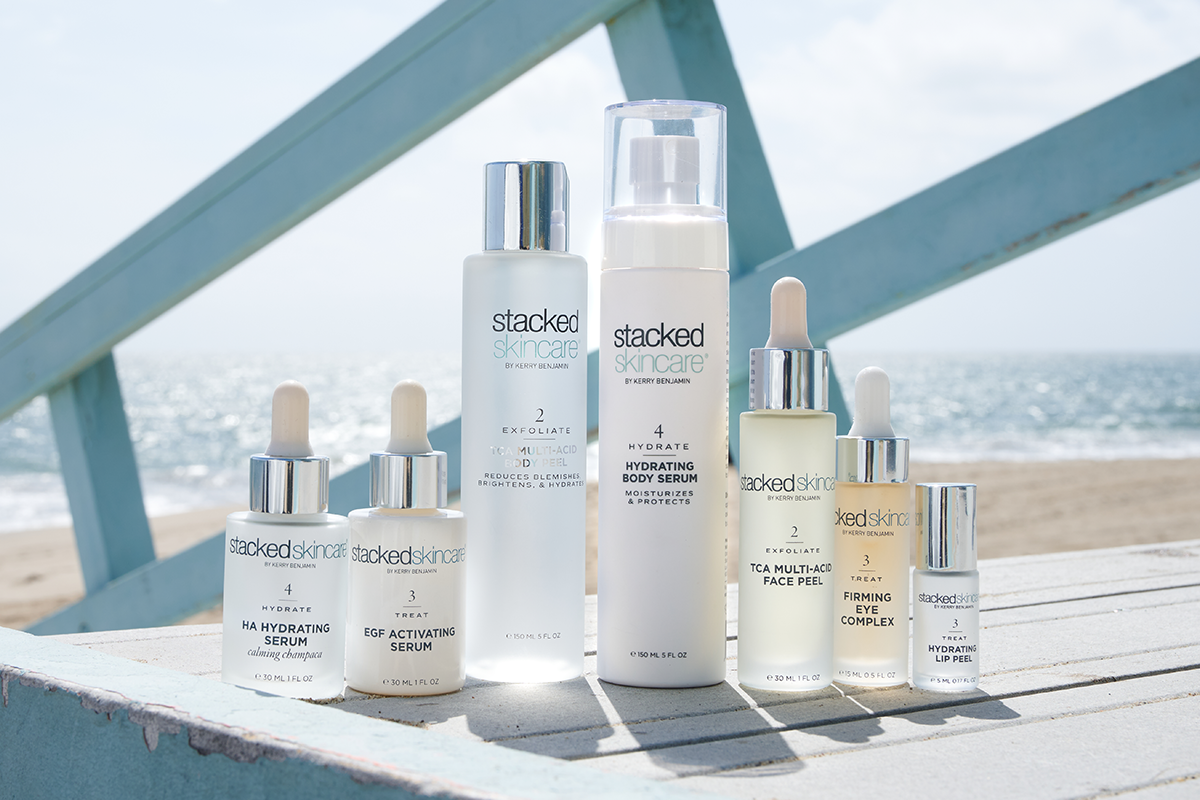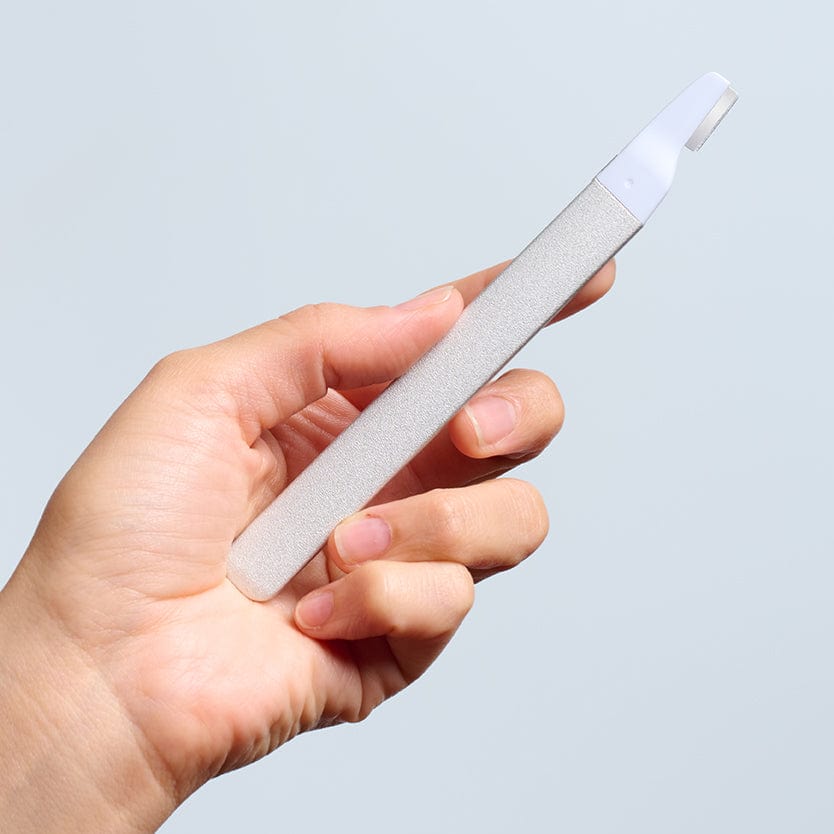Chlorine + Saltwater: How To Beat The Drying Effects Of A Summer Swim
Written by Kerry Benjamin

Between the blazing summer sun and drying AC, your skin can take a beating during warmer months. Another skin threat to add to that list? Your summer swim. If you’re looking to hit the beach or pool this summer, follow these tips to protect your skin before and after you dive in.
Chlorine
Chlorine is a strong chemical used in pools to prevent an overgrowth of harmful bacteria and algae. Sounds like a good thing, right? Well, kind of. In addition to its bacteria-busting properties, chlorine also breaks down your natural skin oils, compromising the lipid barrier that prevents moisture from evaporating out of your skin-- causing dryness, irritation and that generally tight feeling. Chlorine can also generate free radicals that cause signs of aging like dark spots and fine lines.
How to Prep Skin
Chlorine can exacerbate inflammatory skin conditions like eczema or psoriasis, so if you’re experiencing a flare-up, it’s probably better to skip pool time altogether. To protect your skin before you take a dip, apply a healthy dose of water-resistant sunscreen to prevent damage from harmful UV rays. After getting out of the pool, shower immediately to rinse off any chlorine residue, and apply a ceramide-rich moisturizer like our MICROBIOME RESCUE DAILY MOISTURIZER to hydrate, balance skin post-swim and restore a healthy lipid barrier. For skin below the neck, apply a serum rich in antioxidants like our HYDRATING BODY SERUM to help ward off free radical damage.
Saltwater
Saltwater is nowhere near as damaging as chlorine, and actually contains many skin-boosting benefits. Ocean water is especially rich in skin-beneficial minerals like magnesium, potassium, and amino acids. These natural minerals, plus the anti-bacterial benefits of salt, can actually tame breakouts, and help soothe eczema and psoriasis. Saltwater also often contains trace levels of sulfur, which can help dry out existing blemishes. A word of warning: saltwater can sting if you have razor burn or eczema flare-ups so keep that in mind.
How to Prep Your Skin
While saltwater is not as drying as chlorinated water, salt does tend to dehydrate the skin, so take the time to prep skin with water-resistant sunscreen and a layer of body moisturizer before swimming. After your swim, rinse your skin off with tepid water and cleanse with a non-stripping cleanser like our PREBIOTIC GEL CLEANSER and follow with hydrating serums like our HA HYDRATING SERUM for your face and our HYDRATING BODY SERUM for the rest of you.
About the Author

Kerry Benjamin, a licensed aesthetician, has over 14 years of experience. Kerry is the driving force behind StackedSkincare. As the company's CEO, Kerry has dedicated her career to revolutionizing skincare. Her innovative approach combines peels, serums, and specialized tools to effectively address a wide range of skin concerns. CA LE license number Z98459.

